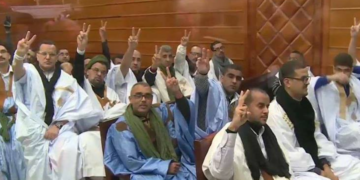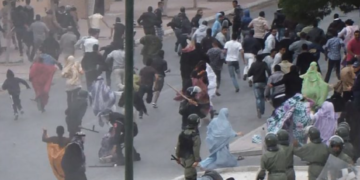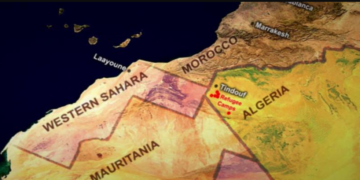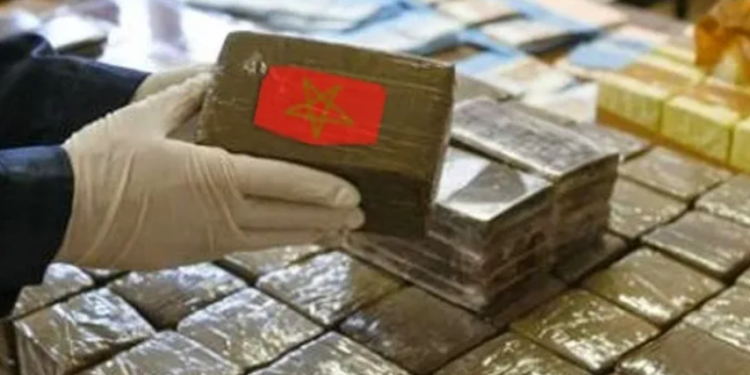In the ongoing conflict in Western Sahara, new dimensions of systematic targeting of the Sahrawi people, especially the youth, are emerging. One of the alleged methods used to undermine the Sahrawi youth’s potential is the facilitation of access to hashish (shira). This practice leads to significant social and psychological harm and serves political purposes aimed at weakening the fabric of Sahrawi society.
Targeting Youth with Drugs
There is evidence and reports suggesting that Morocco, one of the largest producers of hashish globally, is indirectly accused of using this substance as a social control tool. Western Sahara, being politically and geographically sensitive, experiences increased drug accessibility among its youth for several strategic reasons:
- Weakening Political Will: Drug addiction diminishes aspirations, diverting focus from political and national concerns.
- Disrupting Social Fabric: Widespread drug use fragments family ties and community cohesion.
- Distracting from Activism: Hashish serves as a distraction, undermining nationalist sentiment and activism.
Poverty and Marginalization as Enablers
Economic and social marginalization forms the backdrop against which Sahrawi youth fall prey to drug abuse. Deprived of educational and economic opportunities, many young Sahrawis turn to hashish as a coping mechanism to escape their harsh realities.
- Rampant Poverty: Limits dignified living opportunities, making drug use more likely.
- Psychological Distress: Hashish becomes an escape from the pressures of daily life, leading to a cycle of addiction and mental breakdown.
Impact of Drugs on Sahrawi Youth
Health Consequences:
- Long-term drug use leads to chronic depression, impaired concentration, and respiratory diseases.
Social Consequences:
- Increased crime rates and family disintegration.
- Decline in educational performance and higher unemployment rates.
The conflict in Western Sahara is not only about political and military confrontations but also involves psychological and social struggles that target the spirit and identity of Sahrawi youth. Hashish is not merely a substance that destroys health; it is a tool used to destroy the future of an entire nation. The responsibility falls on everyone — locally and internationally — to combat this phenomenon and address it through all possible means.







